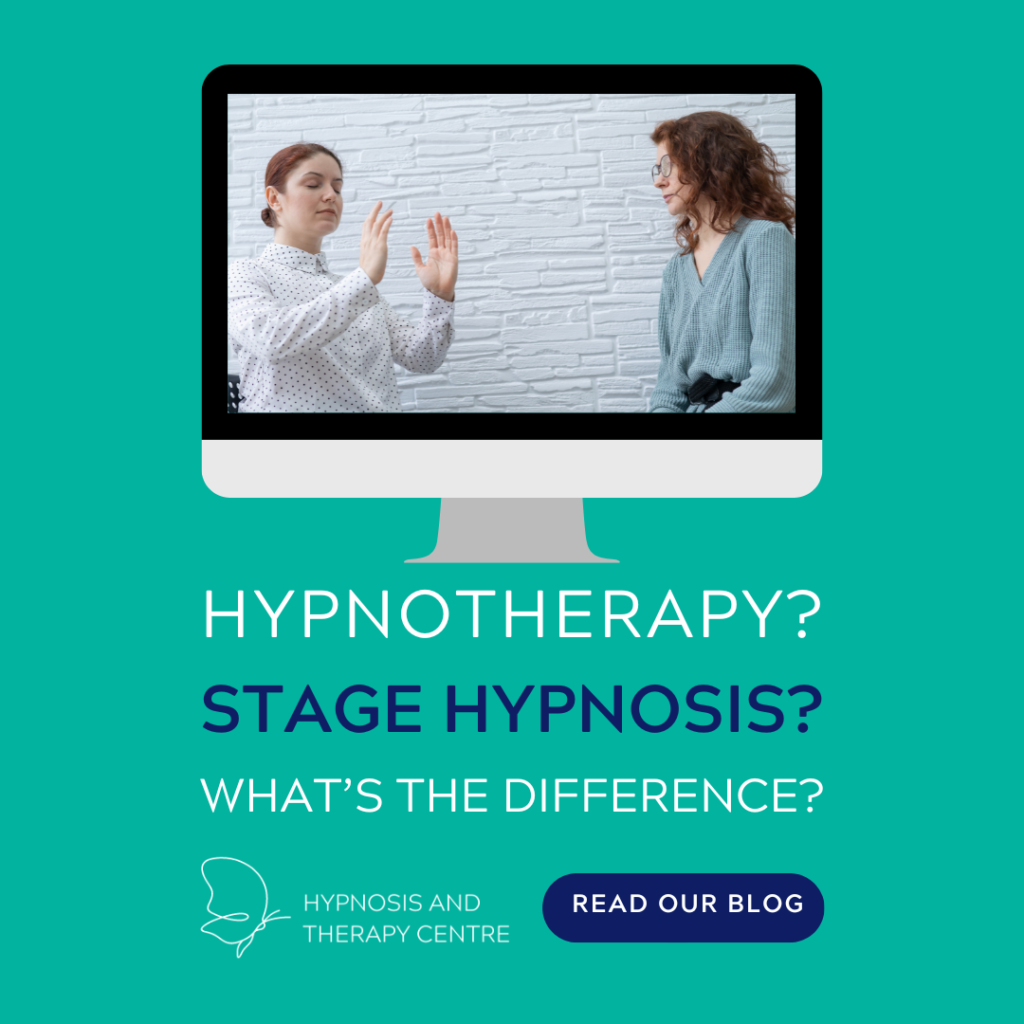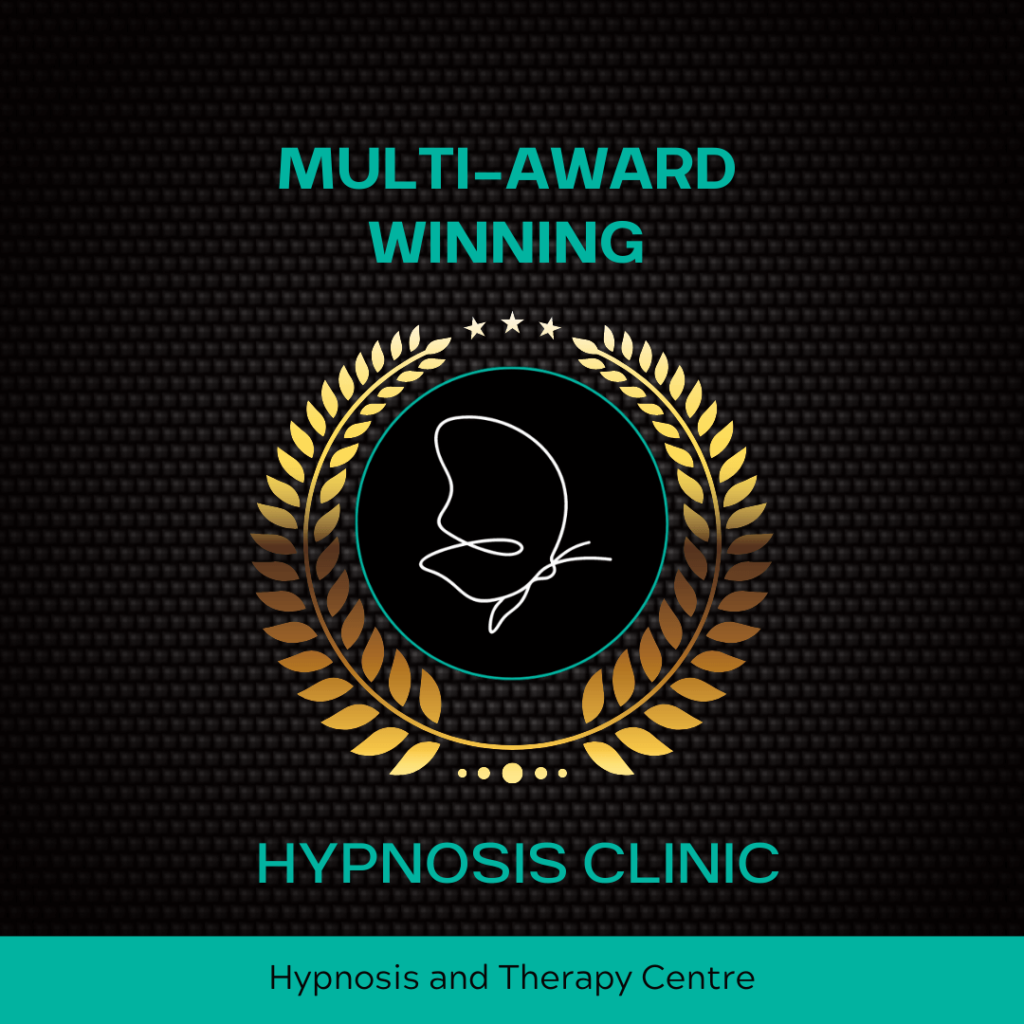Hypnosis is a fascinating and often misunderstood phenomenon and method. It has captured the imaginations of people for centuries, with fiction in books, TV shows and movies often mystifying, exaggerating, and blurring the lines between entertainment with stage hypnosis and the therapeutic benefits of clinical hypnotherapy. In this post, we highlight the key differences between stage hypnosis and clinical hypnotherapy in our work.

Understanding Hypnosis
Hypnosis, at its core, is a state of focused attention, heightened suggestibility, and deep calm. It is not a form of mind control or a magic trick, as it is sometimes portrayed in popular culture.
Rather, it’s a natural and altered state of consciousness that allows individuals to access their subconscious minds and make positive changes.
Caitríona and Fiachra are highly trained in several disciplines and we have worked with numerous clients with different backgrounds, goals, and challenges. Our reviews reflect the impacts our clients see in their lives.
What is Stage Hypnosis?
Stage hypnosis is the form of hypnosis most people are familiar with, thanks to television shows and live performances.
In a stage hypnosis show, a hypnotist invites volunteers from the audience to participate in a series of entertaining demonstrations. These demonstrations often involve participants acting out or experiencing comedic scenarios.
The primary goal of stage hypnosis is entertainment. The hypnotist purposefully selects volunteers who are open to suggestion and willing to engage in playful activities.
While participants appear to lose their inhibitions and engage in unusual behaviours, they are not under the hypnotist’s control. Instead, they are willing participants who most often enjoy the experience.

It is important to note again that stage hypnosis is not therapy. Its purpose is to amuse and entertain, rather than address any specific psychological or emotional issues.
What is Clinical Hypnotherapy?
Clinical hypnotherapy, on the other hand, is a powerful and evidence-based form of therapy. In a therapeutic setting, a trained and certified hypnotherapist uses hypnosis as a tool to help individuals overcome various challenges, such as anxiety, phobias, smoking addiction, weight management, and more.
The key differences between clinical and stage hypnosis lie in their goals and methodologies:
- Goal: Clinical hypnotherapy focuses on helping individuals achieve positive and lasting changes in their lives. It is a therapeutic tool used to address specific issues and promote personal growth. Stage hypnosis, as mentioned earlier, aims solely to entertain.
- Methodology: In a clinical hypnotherapy session, the therapist works closely with the client to create a tailored experience and plan for their specific needs and goals. The client is an active participant in the process, and the therapist’s role is to guide them into a hypnotic state where they can access their subconscious mind for healing and transformation.
- Consent and Respect: In clinical hypnotherapy, consent and respect for the client’s well-being are paramount. The therapist acts as a facilitator, always prioritising the client’s comfort and safety. In stage hypnosis, volunteers willingly participate in the show but are under no therapeutic guidance.
Click below for a full list of services we provide at the Hypnosis and Therapy Centre, including stop smoking hypnosis, stress management, weight loss, phobias, anxiety hypnotherapy and more.
Conclusion
In conclusion, while stage hypnosis and clinical hypnotherapy both involve the use of hypnosis, they serve vastly different purposes.
Stage hypnosis entertains and showcases the power of suggestion, whereas clinical hypnotherapy harnesses that power to facilitate personal change and healing.
It is essential to understand these distinctions to appreciate the true potential and value of hypnosis in various aspects of our lives.
Whether you seek entertainment or personal growth, hypnosis can offer something extraordinary when used appropriately and responsibly.

